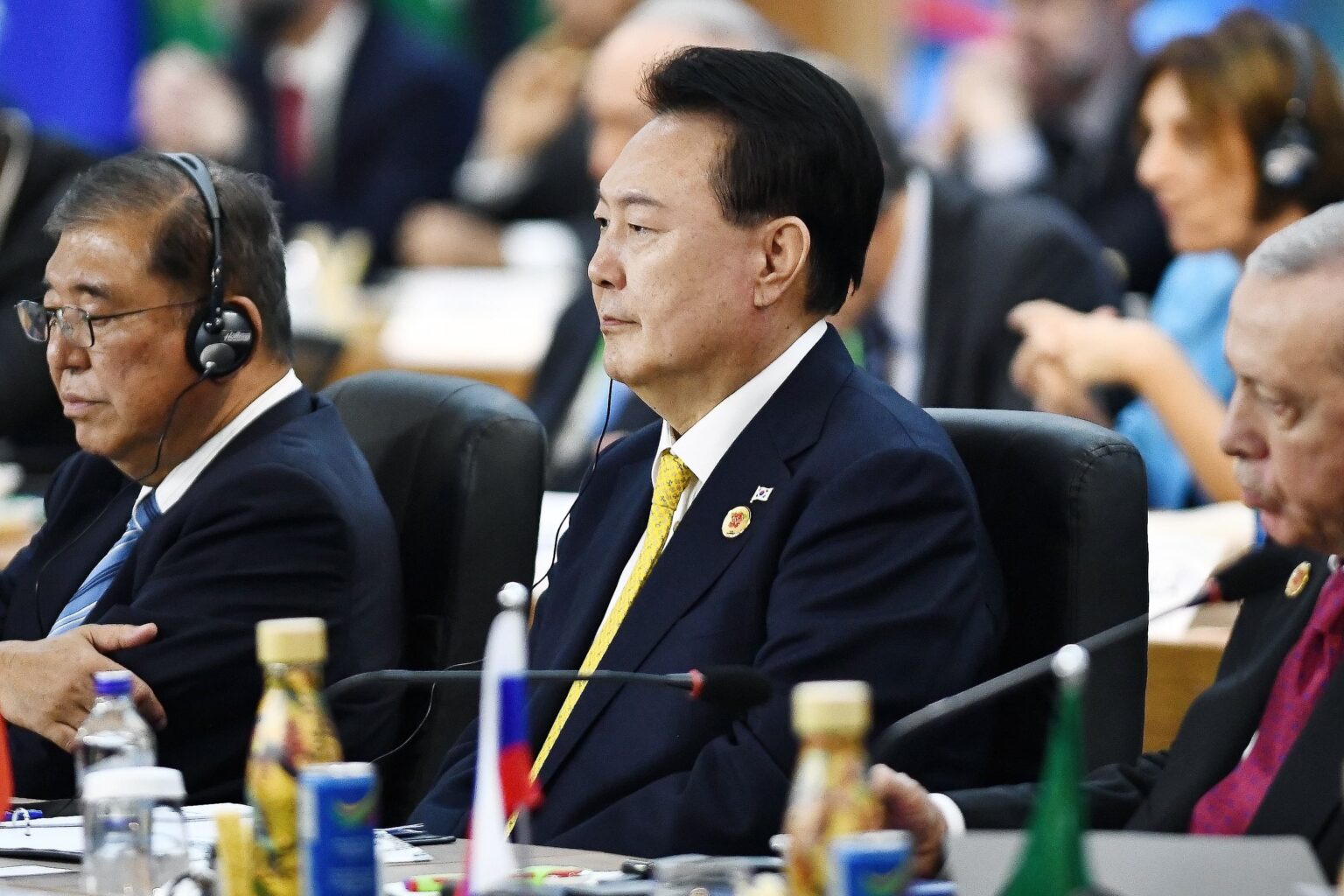South Korea’s political landscape has entered a new phase as the National Assembly overwhelmingly approved special investigations into former President Yoon Suk Yeol and his wife, Kim Keon Hee. This move comes after months of political tension and public outrage over Yoon’s abrupt declaration of martial law in December 2024, which shook the country’s democratic foundations.
The bills for these investigations were championed by the Democratic Party, which holds a clear majority in parliament. Lawmakers from other parties also supported the measures, reflecting a rare moment of unity in a usually divided legislature. The vote passed with 194 in favor and only 3 against.
The investigation will look into Yoon’s short-lived imposition of martial law, which was widely criticized as an abuse of presidential power. Many South Koreans feared the move threatened civil liberties and recalled memories of past authoritarian governments. Within hours, heavy backlash from both lawmakers and citizens forced Yoon to withdraw the order.
Backdrop: Martial Law, Public Outrage, and Impeachment
Yoon’s justification for martial law focused on what he described as “anti-state forces” and claimed the opposition was collaborating with North Korea. However, few outside his inner circle were convinced. The abrupt decision, made in the midst of mounting criticism over his leadership, became a catalyst for massive protests across the country.
Public anger intensified as details emerged about the lack of consultation and the sudden nature of the martial law order. Politicians from both the ruling and opposition parties condemned the decision. In response to this political and social pressure, the National Assembly quickly moved to impeach Yoon. On December 14, 2024, the impeachment motion passed and was later upheld by the Constitutional Court, leading to Yoon’s official removal from office.
The drama did not end there. Additional investigations now target Yoon’s wife, Kim Keon Hee, who faces accusations of corruption and illegal election activities. Allegations include involvement in questionable financial dealings and attempts to improperly influence political campaigns. These scandals have only deepened public distrust in the former first family.
Lee Jae-myung’s New Administration and Democratic Promises
Following Yoon’s impeachment, a snap presidential election was held. Lee Jae-myung, a longtime figure in the Democratic Party, won the race. Known for his humble beginnings and his reputation as a reformer, Lee’s election marked a new chapter for South Korea.
In his inaugural address, President Lee pledged to restore public trust, heal divisions, and enforce accountability at all levels of government. He emphasized that South Korea’s democratic system must never again be put at risk by unchecked executive power. “No one is above the law, not even the president,” Lee declared, underscoring his administration’s commitment to transparency.
President Lee now faces the difficult task of guiding a country still grappling with deep political polarization. He must manage economic challenges, respond to security threats, and support a thorough, independent investigation into the previous administration’s actions.
A Turning Point for South Korea’s Democracy
The investigations into Yoon Suk Yeol and Kim Keon Hee highlight the importance of accountability in South Korea’s political system. Many observers believe this moment could become a turning point for democratic norms in the country, reinforcing the role of parliament, courts, and the public in checking the power of leaders.
Political analysts say these developments will serve as a powerful reminder that democracy is sustained by vigilance, active citizen engagement, and the rule of law. While the probes may further inflame partisan tensions, supporters argue that the process is necessary for healing and reform.
As the investigations proceed, their outcomes could shape not only the legacy of Yoon’s presidency but also future standards for political conduct in South Korea. The global community is watching, as the country demonstrates its commitment to upholding democratic values, no matter how high the office or how powerful the individual.


